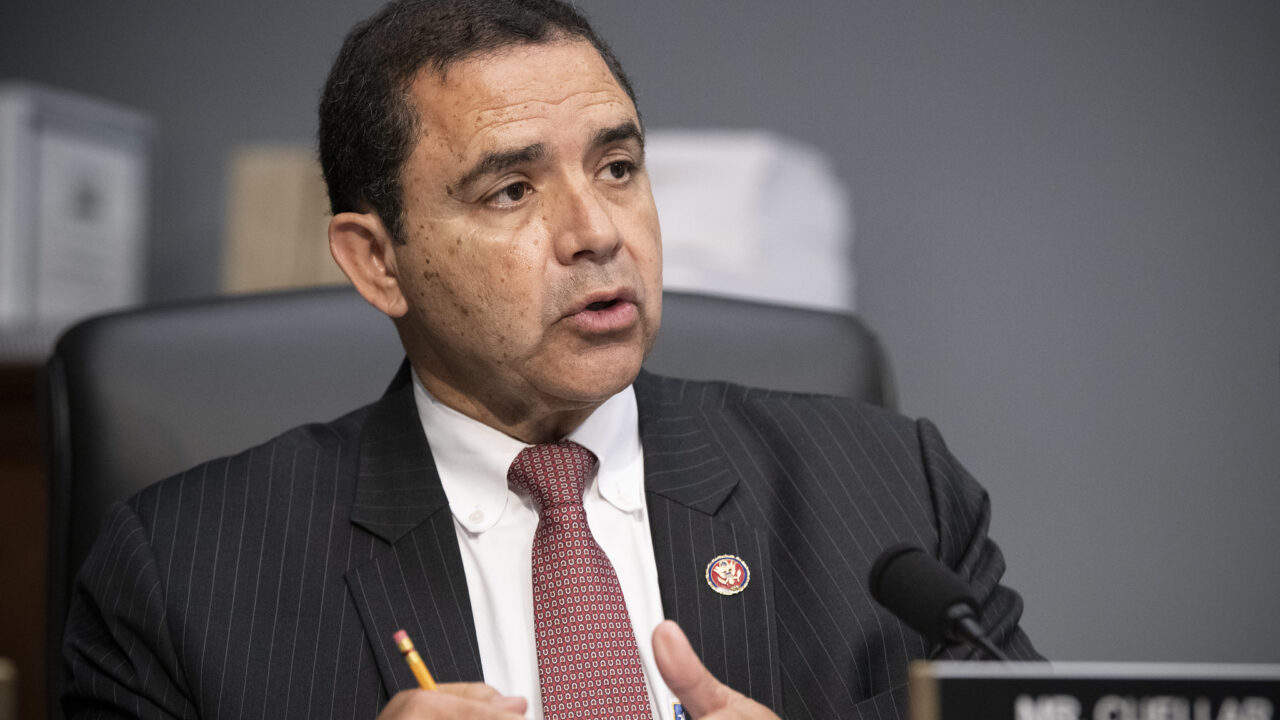 "20200310-OSEC-LSC-0235" by US Department of Agriculture.
No copyright
"20200310-OSEC-LSC-0235" by US Department of Agriculture.
No copyright
On Thursday, Rep. Henry Cuellar (D-TX) announced he will vote in favor of Democrats’ reckless tax and spend bill despite the legislation’s inclusion of multiple energy tax increases Cuellar is on record opposing.
The Democrat bill as passed by the Senate includes roughly $20 billion in energy tax increases that will be passed on to consumers in the form of higher gas prices and energy bills. Notably, the bill includes a $6.5 billion tax on natural gas production and a $12 billion tax on crude oil.
In September of 2021, Cuellar and six other Congressional Democrats representing Texas districts sent a letter to House Leadership opposing energy taxes in Democrats’ reconciliation bill. In addition to Cuellar, those signing the letter included Rep. Vicente Gonzalez, Rep. Lizzie Fletcher, Rep. Sylvia Garcia, Rep. Marc Veasey, Rep. Filemon Vela, and Rep. Colin Allred.
Below are quotes from the letter signed by the Texas Democrats who now intend to vote in support of raising energy taxes on consumers:
“We write to you to share our concerns about proposed language in the House budget reconciliation package specifically targeting the U.S. oil, natural gas, and refining industries. Provisions in the package have the potential to cost thousands of jobs, stifle economic recovery, increase energy costs for all Americans, strengthen our adversaries, and ultimately impede the transition to a lower carbon future. These taxes and fees, as well as the exclusion of natural gas production from clean energy initiatives, constitute punitive practices.”
…
“The price of crude oil is the largest factor in gasoline prices, so raising the costs of crude oil for refineries will adversely impact Americans who can least afford it. The tax changes being proposed will further cut domestic production and endanger domestic refining capacity while increasing demand from the Organization of the Petroleum Exporting Countries (OPEC).”
…
“We firmly believe that the budget reconciliation bill should not unduly disadvantage any industry, and oppose the targeting of U.S. oil, natural gas, and refining with increased taxes and fees and the exclusion of natural gas production from clean energy initiatives. These inequitable policies will cost American jobs, move America farther away from energy independence, and will slow the country’s move toward a lower carbon future.”

